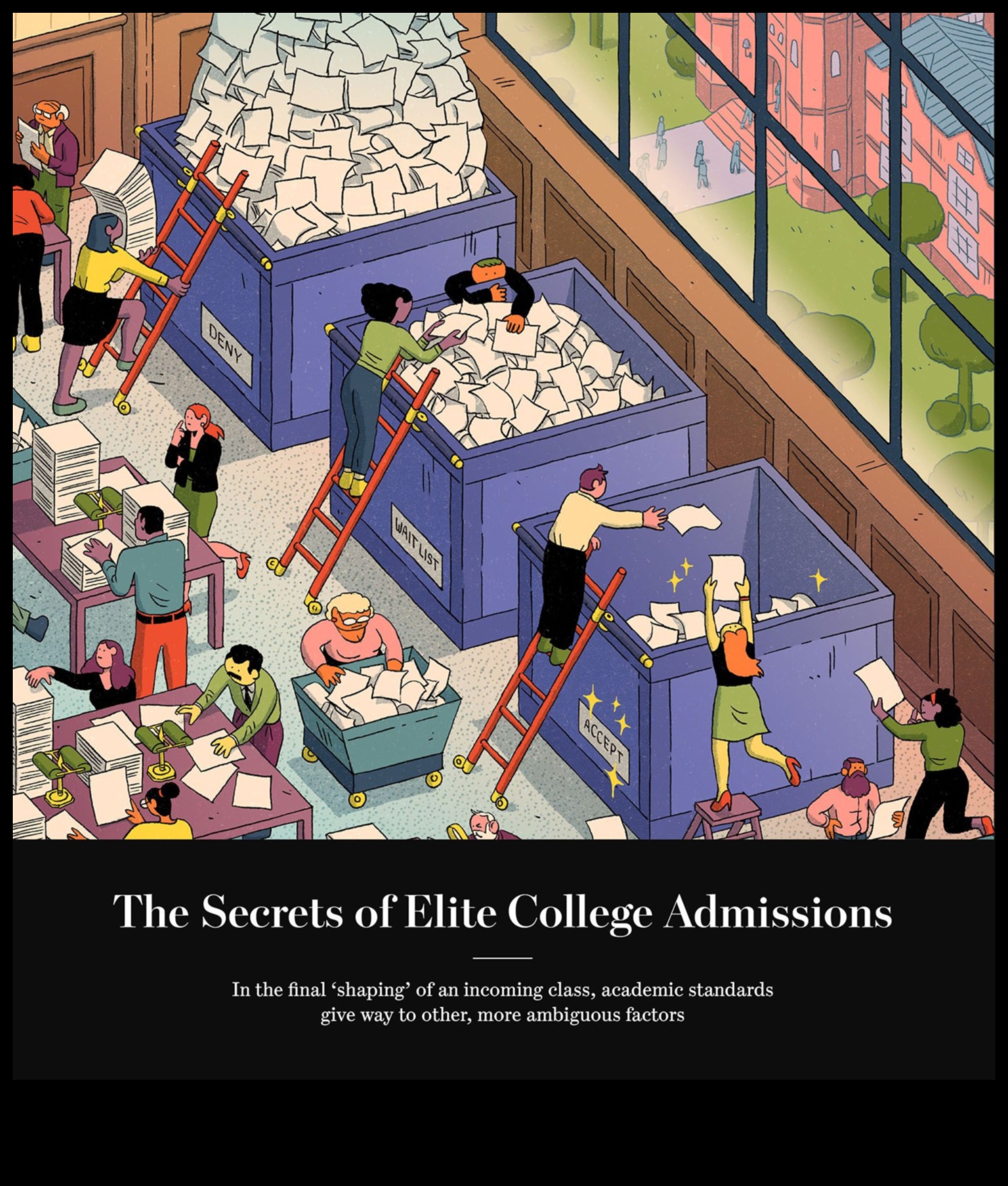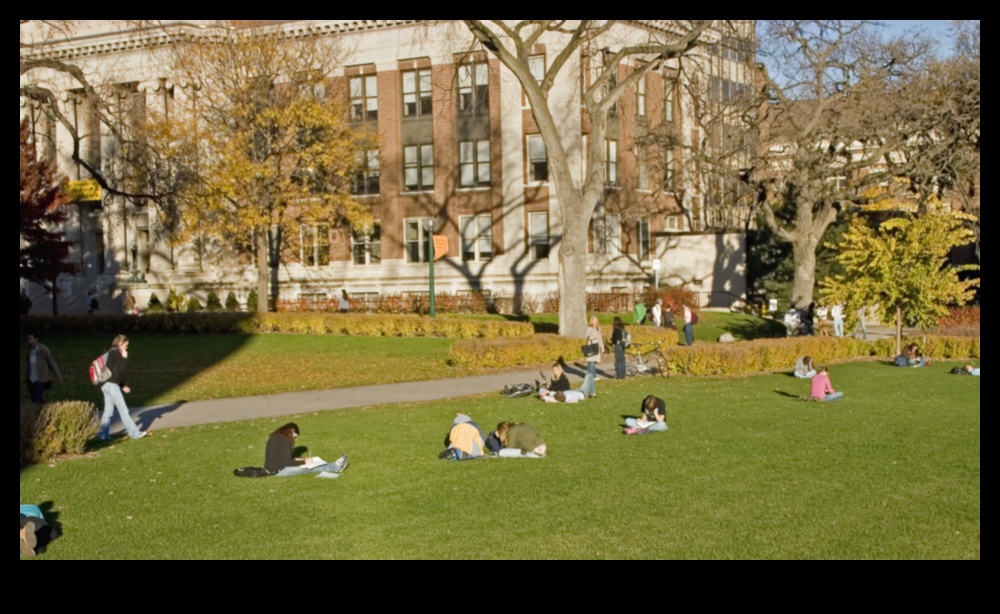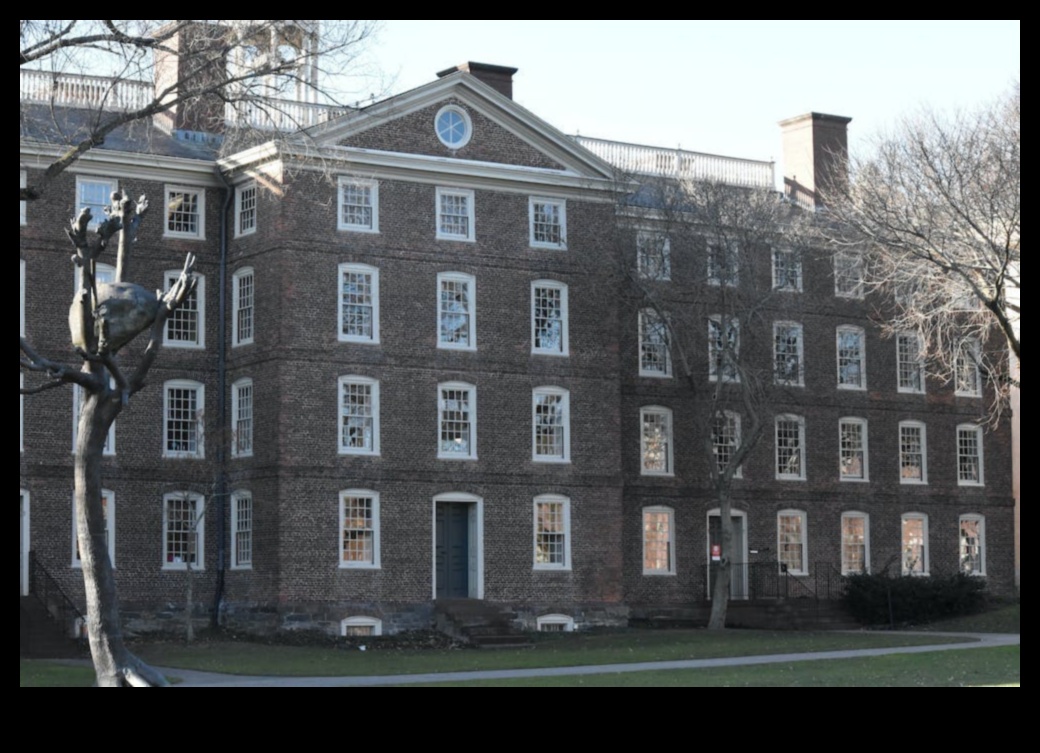
How do admission policies of elite universities work?
The admission policies of elite universities are complex and multifaceted. There is no one-size-fits-all answer to the question of how to get into a top university, as each school has its own unique criteria and process. However, there are some general factors that all elite universities consider when making admissions decisions.
- Academics: The most important factor in admissions decisions is academic performance. Elite universities look for students who have a strong academic record, including high grades, standardized test scores, and rigorous course load.
- Extracurricular activities: Elite universities also look for students who are involved in extracurricular activities. They want to see that you are a well-rounded individual with interests outside of academics.
- Personal qualities: Admissions officers also consider personal qualities when making their decisions. They want to see that you are a motivated, well-rounded, and interesting person.
In addition to these general factors, each university has its own unique criteria and process. For example, some universities may place more emphasis on academics, while others may place more emphasis on extracurricular activities or personal qualities. It is important to research each university individually to learn more about its specific admissions criteria and process.
If you are interested in applying to an elite university, it is important to start preparing early. This means getting good grades in high school, taking rigorous courses, and getting involved in extracurricular activities. You should also start thinking about your personal statement and essays early on.
The admissions process to elite universities can be competitive, but it is possible to get in if you are prepared and you have a strong application.
| Feature | Answer |
|---|---|
| College admissions | The process of applying to and being admitted to a college or university. |
| Elite colleges | Colleges and universities that are considered to be among the most selective and prestigious in the world. |
| Ivy League | A group of eight private research universities in the Northeastern United States. |
| College selectivity | The percentage of applicants who are admitted to a college or university. |
| College rankings | Lists that rank colleges and universities based on various factors, such as academic reputation, student selectivity, and graduation rates. |

II. The Problem with Elite University Admissions
The problem with elite university admissions is that they are too selective. This has a number of negative consequences, including:
- They make it difficult for qualified students from disadvantaged backgrounds to get into college.
- They create a culture of elitism and exclusivity.
- They contribute to the rising cost of college tuition.
In order to address these problems, we need to make elite university admissions more equitable and accessible. We need to create a system that rewards merit, not privilege, and that gives all students a fair chance to get into college.
III. Solutions to the Problem
There are a number of potential solutions to the problem of elite university admissions. These include:
- Expanding the number of spots available at elite universities. This would allow more students from all backgrounds to have the opportunity to attend these schools.
- Making the admissions process more holistic. This would mean taking into account factors beyond test scores and grades, such as extracurricular activities, personal statements, and letters of recommendation.
- Diversifying the admissions pool. This would mean making sure that elite universities are admitting students from a variety of backgrounds, not just those who come from wealthy or privileged families.
- Reducing the emphasis on standardized testing. This would make it easier for students from all backgrounds to compete for admission to elite universities.
- Improving the financial aid system. This would make it more affordable for students from low-income families to attend elite universities.
These are just a few of the potential solutions to the problem of elite university admissions. By implementing these changes, we can make sure that these schools are more accessible to students from all backgrounds, and that they are truly meritocratic institutions.

IV. The Need for Change
There are a number of reasons why the current system of elite university admissions needs to change.
First, the current system is unfair. It favors students from wealthy and privileged backgrounds who have access to the best educational resources and test prep courses. This means that students from less advantaged backgrounds are at a disadvantage, even if they are just as smart and talented as their wealthier peers.
Second, the current system is too focused on standardized test scores. While standardized tests can be a useful tool for measuring academic achievement, they are not a perfect measure of a student’s potential or ability to succeed in college. In fact, studies have shown that standardized test scores are more closely correlated with a student’s socioeconomic status than with their academic ability.
Third, the current system is too focused on admissions yield. In order to maintain their high rankings, elite universities are under pressure to admit a certain number of students who are likely to graduate and go on to achieve success. This means that they often admit students who are not a good fit for their school, simply because they are likely to be successful.
Fourth, the current system is too inflexible. It does not allow for students to demonstrate their talents and abilities in a variety of ways. This means that students who are not good test takers or who do not come from wealthy backgrounds are at a disadvantage.
The current system of elite university admissions needs to change in order to be more fair, equitable, and reflective of the diversity of our society.

V. The Benefits of Change
There are many benefits to changing the way elite universities admit students. These benefits include:
- A more diverse student body
- A more equitable admissions process
- A more holistic admissions process
- A more transparent admissions process
- A more fair admissions process
A more diverse student body is one of the most important benefits of changing the way elite universities admit students. A diverse student body brings together students from different backgrounds and experiences, which creates a more vibrant and inclusive campus community. It also helps to ensure that all students have the opportunity to learn from and engage with people from different cultures and perspectives.
A more equitable admissions process is another important benefit of changing the way elite universities admit students. Currently, the admissions process at many elite universities is biased against students from low-income backgrounds and students of color. By changing the way they admit students, elite universities can help to level the playing field and ensure that all students have an equal opportunity to be admitted.
A more holistic admissions process is also a benefit of changing the way elite universities admit students. A holistic admissions process takes into account a student’s entire application, including their academic record, extracurricular activities, and personal statements. This helps to ensure that students are admitted to elite universities based on their overall qualifications, rather than just their test scores or grades.
A more transparent admissions process is another benefit of changing the way elite universities admit students. Currently, the admissions process at many elite universities is shrouded in secrecy. By making the admissions process more transparent, elite universities can help to build trust with students and their families. This can also help to reduce the stress and anxiety that many students experience during the admissions process.
Finally, a more fair admissions process is another benefit of changing the way elite universities admit students. Currently, the admissions process at many elite universities is unfair to students from low-income backgrounds and students of color. By changing the way they admit students, elite universities can help to ensure that all students have an equal opportunity to be admitted.

VI. How to Make Change Happen
There are a number of ways to make change happen in the admissions policies of elite universities. These include:
- Increased transparency. Elite universities need to be more transparent about their admissions criteria and processes. This would help to level the playing field for all applicants and make it easier for them to understand what they need to do to get into a top university.
- More emphasis on merit. Elite universities should place a greater emphasis on merit in their admissions decisions. This means considering factors such as academic achievement, extracurricular activities, and leadership potential, rather than simply relying on test scores and grades.
- Diversity. Elite universities need to do a better job of admitting a diverse student body. This means increasing the number of students fromunderrepresented backgrounds who are admitted to these schools.
- Financial aid. Elite universities need to make sure that they are providing enough financial aid to all admitted students who need it. This will help to ensure that students from all socioeconomic backgrounds have the opportunity to attend these schools.
By making these changes, elite universities can help to create a more equitable and fair admissions process. They can also ensure that they are admitting the best and brightest students from all backgrounds.
VII. Challenges of Change
There are a number of challenges to changing the admission policies of elite universities. These challenges include:
- The admissions process is highly competitive, and any changes to the policies would likely make it even more difficult for students to get in.
- Elite universities are often seen as a symbol of prestige, and any changes to the admissions policies could be seen as a threat to that prestige.
- There is a lack of consensus on what the best changes would be.
- Making changes to the admissions policies would be a complex and time-consuming process.
Despite these challenges, there are a number of reasons why it is important to make changes to the admission policies of elite universities. These reasons include:
- The current admissions policies are unfair to students from disadvantaged backgrounds.
- The current admissions policies are not helping to create a more diverse and inclusive student body.
- The current admissions policies are contributing to the rising cost of college tuition.
It is clear that the admission policies of elite universities need to change. The challenge is to find ways to make those changes that are fair, equitable, and effective.
VIII. The Importance of Change
The importance of change in the admissions policies of elite universities cannot be overstated. As the world becomes increasingly globalized and interconnected, the need for a more diverse and inclusive student body at these institutions has become clear. By changing their admissions policies, elite universities can help to create a more just and equitable society.
In addition, changing the admissions policies of elite universities can help to improve the quality of education that these institutions offer. By admitting a more diverse group of students, elite universities can expose their students to a wider range of perspectives and experiences, which can lead to more creative and innovative thinking.
Finally, changing the admissions policies of elite universities can help to increase the social mobility of students from disadvantaged backgrounds. By making it easier for these students to gain admission to elite universities, elite universities can help to level the playing field and give all students an equal chance to succeed.
The changes that need to be made to the admissions policies of elite universities are not easy. They will require a willingness to confront the entrenched biases and prejudices that have long existed within these institutions. However, the benefits of change are too great to ignore. By making the necessary changes, elite universities can help to create a more just, equitable, and inclusive society.
In this paper, we have explored the admission policies of elite universities. We have discussed the factors that admissions officers consider when making their decisions, and we have identified some of the challenges and opportunities that these policies face. We have also provided some recommendations for how to improve these policies.
We believe that the admission policies of elite universities are important because they have a significant impact on the future of our society. These policies determine who has access to the best educational opportunities, and they can help to create a more just and equitable society.
We hope that this paper will help to inform the public debate about the admission policies of elite universities. We believe that these policies are worthy of discussion, and we hope that our recommendations will be helpful in improving them.
X. FAQ
Question 1: What are the most important factors that admissions officers consider when making their decisions?
Answer 1: There are many factors that admissions officers consider when making their decisions, but some of the most important include:
- Academics
- Extracurricular activities
- Character and personality
- Personal statement
- Letters of recommendation
Question 2: What are the best ways to improve your chances of being admitted to a top university?
Answer 2: There are many things you can do to improve your chances of being admitted to a top university, but some of the most important include:
- Get good grades in challenging courses
- Get involved in extracurricular activities that you are passionate about
- Write a strong personal statement that highlights your unique qualities
- Get strong letters of recommendation from teachers who know you well
Question 3: What are the biggest challenges facing elite university admissions?
Answer 3: There are many challenges facing elite university admissions, but some of the biggest include:
- The increasing number of qualified applicants
- The rising cost of college tuition
- The need to balance academic and extracurricular achievement
- The need to create a diverse and inclusive student body